Top 8 Free Budget And Personal Finance App For Everyone
Nowadays, there are so many budgeting apps that it can be hard to find the best budgeting app. To help you find the best free budget app for your needs, we've compiled a short but effective list of the top 8 free budget and personal finance app below.
Managing personal finances isn't the most straightforward task. It can be a little challenging to keep track of expenses and the bank balance since many of us don't balance a checkbook anymore. You can track spending and expenses tracking with the use of the best free personal finance apps that can link to your bank account.
These budgeting apps can assist you in tracking impending bill payments and pay bills directly from the app, identifying the categories in which you spend the most money, keeping track of your credit score, and managing your investment portfolio. Some budgeting apps even allow you to pay bills directly from the mobile device.
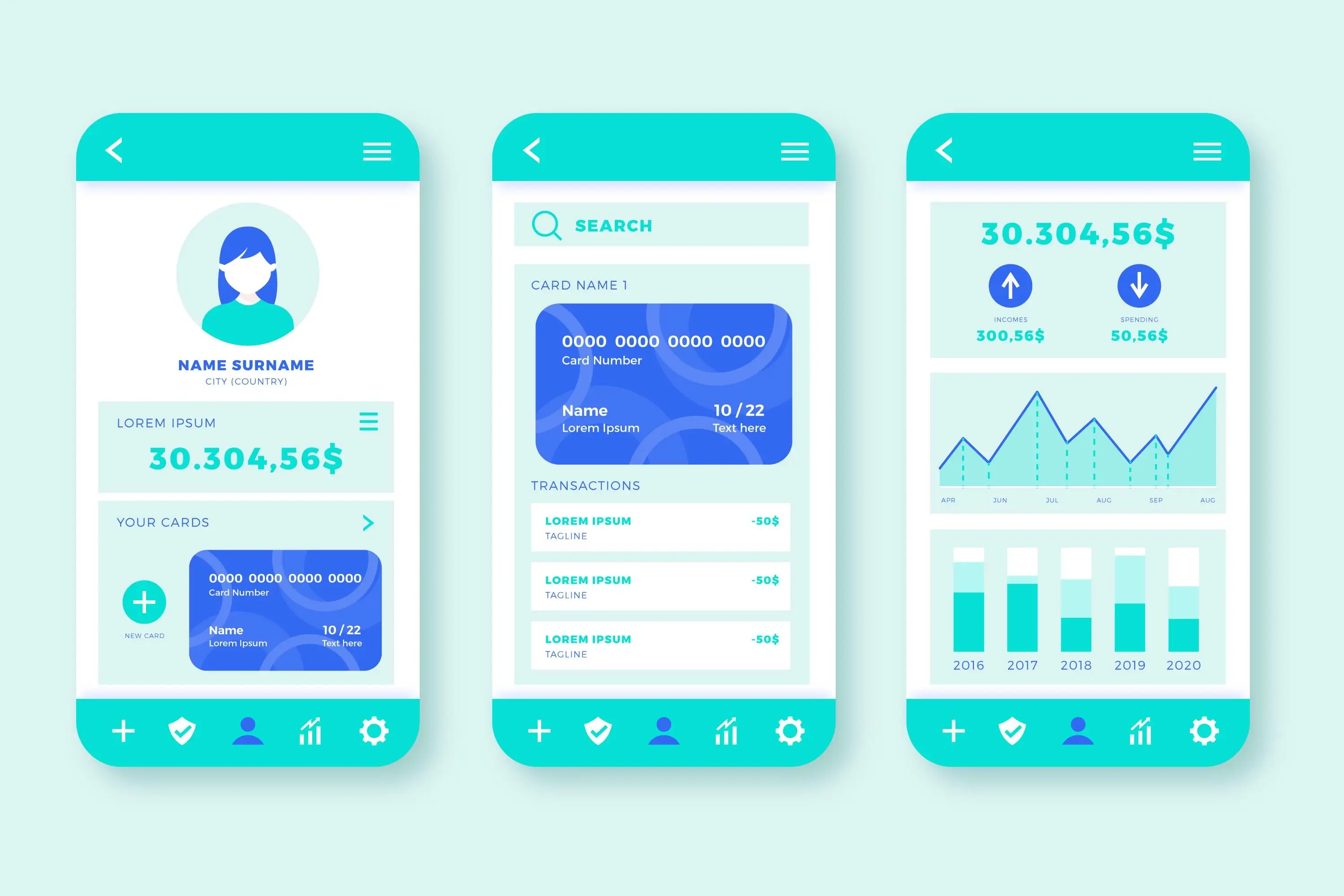
For managing your total finances, the best free personal finance apps offer a variety of functions (email reminders, bill due dates, track subscriptions, shared wallets, etc.). Both iOS and Android versions of every software on our list are available.
These apps will make your life easier by watching over your budget, helping you reduce your spending, and even earning you money!
1. Mint - Best free budget app 2022
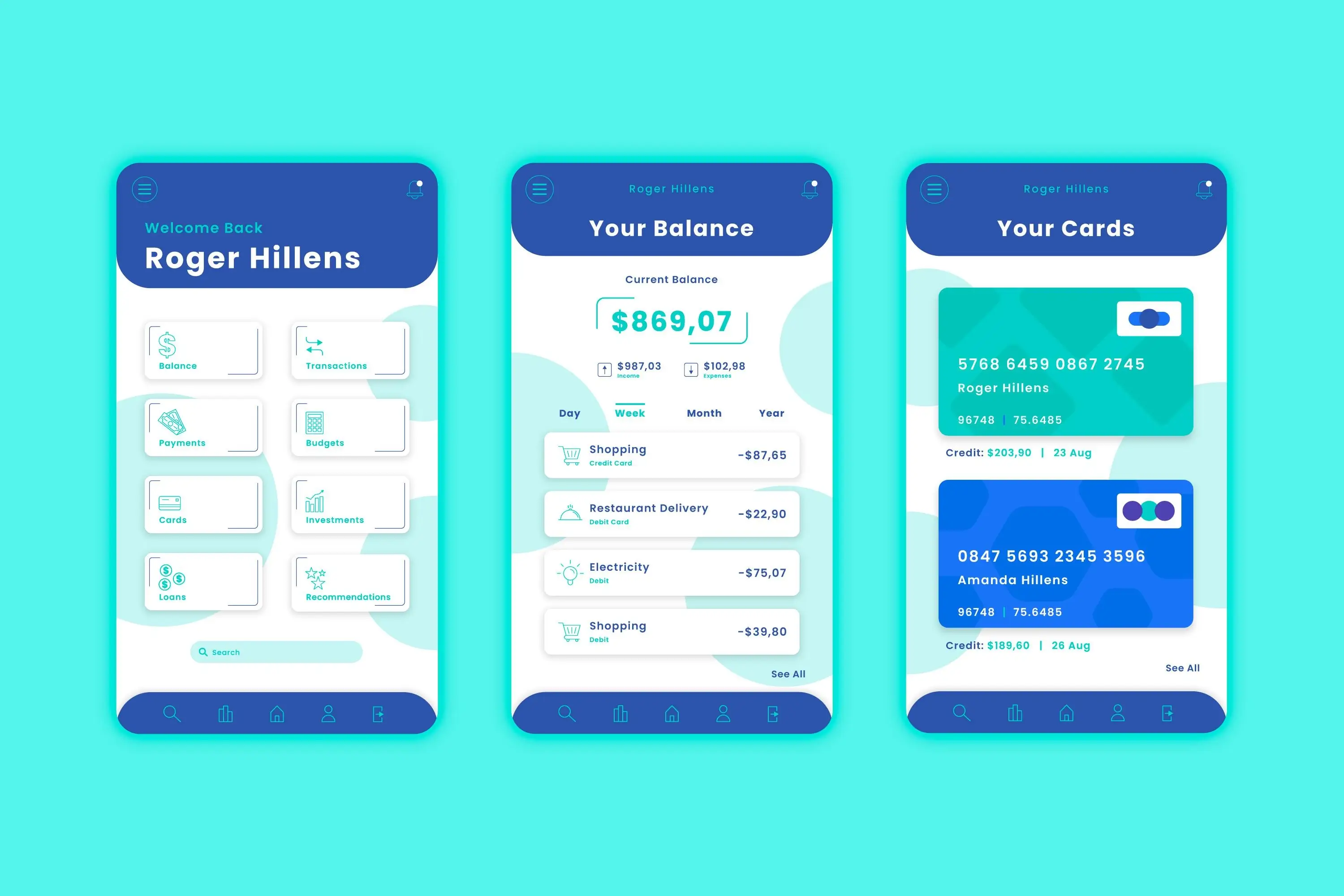
Mint is best known for its great budgeting features and spending tracking. The app will show your checking account balances for all your accounts so that no matter what happens with your finances, you'll always know how to best use your money.
In addition, with Mint's credit score monitoring feature, you can make sure your credit is healthy by showing any possible changes. This app is a must-have if you're looking for an easy way to manage all your personal finance needs at once.
Let's start with Mint's extremely positive reviews in both the App Store and Google Play. (It also has by far the most reviews of any app we tested.) It's a free version that can link bank accounts, including checking accounts, credit card accounts, personal loans, investing accounts, and other financial accounts.
In terms of actual budgeting tools, Mint tracks your monthly expenses and organizes them into unlimited envelopes for spending categories. These categories, which are limitless, can be customized. You establish limitations for these categories, and Mint alerts you when you're getting close to them.
Mint may help users pay down debt, save more money, and track objectives in addition to budgeting features. The app also provides an empower personal dashboard showing the user's credit score and net wealth. Bonus: Mint provides extensive app support, including a FAQ.
2. PocketGuard - Best free budget app 2022
PocketGuard is a budget app that can help protect your financial information with data encryption and security features from hacking, identity theft, and overspending. This is one of the best free budget apps to monitor your accounts to ensure you're only spending what you can afford.
With a few accessible settings adjustments, PocketGuard will watch every transaction that comes out of your bank so that nothing can slip through the cracks.
3. Spendee - Best free budget app 2021
Spendee is perfect for those who are always on the go. This app allows you to sync with your bank account and keep track of all expenses, including loan payments and discretionary spending, in one easy place. That way, when a bill comes due, or there's an expense that needs paying, you can see it at a glance.
The best part about this free budget app? You don't have to worry if you're missing any transactions because Spendee will automatically import everything from your last 30 days, so nothing goes unnoticed.
4. Acorns - Best free budget app 2021
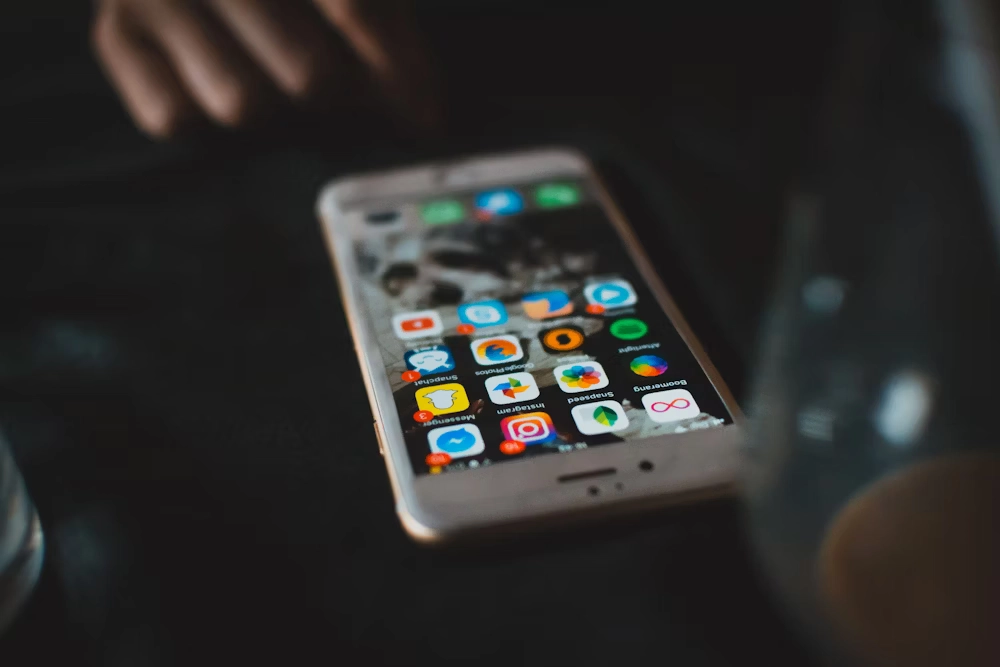
Acorns, formerly Personal Capital, is the best budgeting app for you if you're looking to invest automatically at any budget. It allows you to easily buy stocks or mutual funds, track all of your purchases and, at the same time, invest the spare change from those transactions. Acorns can also automatically use your funds for investments, helping you build a secure financial future.
5. PocketSmith - Best free budget app 2021
PocketSmith automatically syncs with all your bank accounts to feed information into your personal dashboard to let you view all your financial accounts in one place. With this app, you can set scenarios to see how your money would fare in the future to help you with your financial decisions, effectively managing money habits. If you’re looking to boost your financial IQ, this app is the way to go because it strategically makes you think more about your financial decisions.
The best thing about PocketSmith is that all of its features are completely customizable—which means you can tailor them specifically to your needs. As a result, it is great for personal use and business purposes, such as monitoring your employee’s pay stubs.
6. Personal Capital - Best free budget app 2020
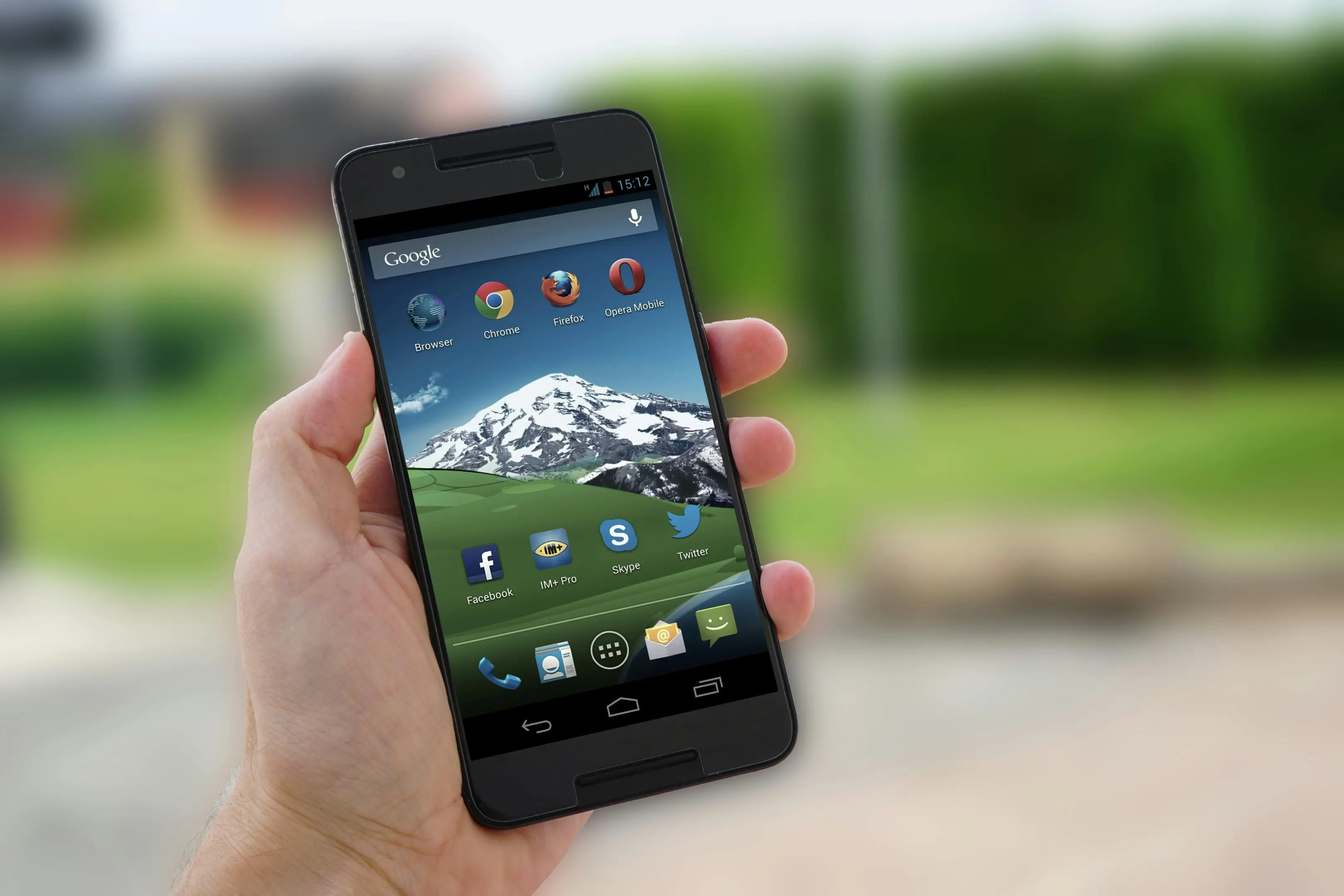
Personal Capital is best known for its free budgeting and spending tracking features. The app will show you how much money you have in every account so that no matter what happens with your finances, you'll always know how to best use your money.
Also, Personal Capital's credit score monitoring feature can help make sure your credit is healthy by showing any possible changes. In addition, it connects to over 30 different financial institutions, including banks and investment accounts—so you can see all of your information from each account at the same time.
Personal Capital is primarily an investment tool, but it's free app contains tools that might assist budgeters track their expenditures. The app provides a spending snapshot by presenting recent transactions per category, employing the envelope method. You can change the categories and see what proportion of your overall monthly spending each one represents.
Personal Capital also provides a net worth and portfolio tracking tool. The app is available on both the phone and the desktop and can be used on up to five devices, making it convenient for Android users.
7. Mobills - Best free budget app 2020
Mobills helps you take control of your cash flow by setting a personalized budgeting plan depending on your situation. This app lets you manage your budget and watch over your expenses, ensuring that you have placed your priorities when it comes to your finances. In addition, you can schedule bill reminders, manage your credit cards, and control your monthly budget.
8. Wally - Best free budget app 2020
Wally is an excellent budgeting app for people who want to make the most of their spending habits. This free app will show your progress with your budgets by tracking your spending, giving you information about your financial habits, and presenting you with data about your budget. Wally also lets you set personal budget goals to get you on track with your monetary needs.
Why is budgeting important?
In an economic climate where surveys reveal more than half of Americans live paycheck to paycheck, budgeting emerges as a vital tool for escaping financial precarity and achieving financial stability. Over the past three decades, the U.S. has witnessed a significant rise in the costs of housing and healthcare, which has squeezed budgets, making it increasingly challenging to save for retirement or other long-term goals.
Operating without a financial plan or budget can lead to overwhelming stress and financial mismanagement. This often results in overspending, living beyond one's means, and perpetuating harmful financial cycles. Conversely, establishing a robust budget as a key component of your financial strategy can have transformative effects.
It not only assists in reaching financial targets but also alleviates stress and anxiety, thereby enhancing overall life quality. This strategic approach to money management ensures that each dollar is purposefully allocated, helping to avoid the pitfalls of financial instability and fostering a healthier, more secure financial future.
How to budget?
Crafting an effective monthly budget involves understanding your income and actual spending habits. Ideally, your income should exceed your expenses, allowing you to save for the future, including retirement. If you find that your finances are not as balanced as you'd like, it’s time to strategize with a budget plan.
Pro tip
Add a cushion to your budget. By rounding up expenses to the nearest dollar or even five dollars, you can create a safety buffer that prevents minor miscalculations from causing overdraft fees. Additionally, consider setting a false bottom in your bank account—think of $200 as zero. This method acts as a financial safety net.
Creating a budget plan
Begin by listing all sources of income and all expenses. The simplest way to track these is by using a budgeting app linked to your bank accounts, although you can also use traditional methods like a notebook or spreadsheet.
Distinguish between fixed expenses (those that remain constant like rent, utilities, and loan repayments) and variable expenses (such as dining out, entertainment, and travel). It’s also wise to allocate a portion of your budget to savings, whether for retirement or an emergency fund.
If you discover that your expenses outweigh your income, start by evaluating your variable expenses for potential reductions before considering fixed expenses. Consider relocating to a more affordable area or refinancing your debts as ways to reduce fixed costs.
Budgeting for groceries
Grocery budgeting can be challenging due to its essential nature. For guidance, compare your spending with the USDA’s recommended food plan. Remember that special diets may increase costs.
To reduce grocery expenses, plan your meals weekly using recipes that share common ingredients or utilize pantry staples. Implementing a weekly meatless meal can significantly cut costs. Also, buying in bulk can lead to savings over time.
Budgeting for a vacation
If your budget allows, planning a vacation can be an exhilarating goal. First, determine your budget and timeline. For instance, if you’re planning a $5,000 vacation next year, you’ll need to save about $420 monthly.
If a lavish vacation seems out of reach, consider more budget-friendly options like road trips or staying alert for travel deals. Proper budgeting ensures you have the funds ready when opportunities arise.
Budgeting for rent
Use the 28/36 rule to guide your housing budget: spend no more than 28% of your gross income on housing and no more than 36% on total debt. If you earn $3,400 monthly, your rent should not exceed $952, and your total debt payments should not surpass $1,224.
Consider roommates or relocating to a less expensive area to reduce housing costs. If those aren't options, you may need to trim other budget areas.
Budgeting for a wedding
A wedding can be one of the most significant expenses in life. Start by determining any contributions from family and what you and your partner can afford. Allocate your budget across essential wedding costs such as the venue, attire, flowers, photography, catering, and music.
Prioritize spending on aspects of the wedding most important to you. Wedding planning apps can be useful tools for managing and tracking these expenses.
Pros and cons of budgeting apps
Pros:
Integration: Most budgeting apps allow you to connect various accounts, providing a consolidated view of your finances.
Goal setting: These apps simplify the process of setting and tracking multiple financial targets, whether it's saving for a holiday or a new home.
Accessibility: With mobile and tablet compatibility, budgeting apps offer the convenience of monitoring your finances on the move.
Efficiency: Automating budget management saves time and effort compared to traditional manual methods.
Cons:
Platform restrictions: Not all budgeting apps have a desktop counterpart, and those that do may not offer the same ease of use as their mobile versions.
Costs: While many budgeting apps are free, some charge monthly fees or feature in-app advertisements that may promote additional spending.
Choosing the right budgeting app
Selecting a budgeting app might seem minor compared to other financial decisions, yet the right choice can significantly influence your financial wellbeing.
Before choosing an app, it's crucial to define your financial goals. A suitable budgeting app can offer invaluable insights into your spending and savings, guiding you towards your financial objectives. Once you've outlined your goals, consider the following features in a budgeting app:
Costs: While many apps offer free versions, others require a subscription. Don't dismiss paid apps outright; investing in a robust app like Rocket Money could be beneficial if it aligns with your financial strategies.
Features: Budgeting apps vary in functionality. Test several to find one that suits your needs, especially if you're transitioning from services like former Mint users or Google Sheets. Look for features such as comprehensive account linkage, spending alerts, a customizable spending plan, debit card management, and tools to help you plan ahead.
Security: Ensuring the safety of your banking information is paramount. Investigate the security measures of each app, such as two-factor authentication and 256-bit encryption. Verify that these features are available on both the mobile and desktop version of the app.
Customer support: Accessible customer service is essential. Determine the support options offered by the app, ensuring you can get help whenever needed, particularly if you encounter issues with the app.
Are budgeting apps worth it?
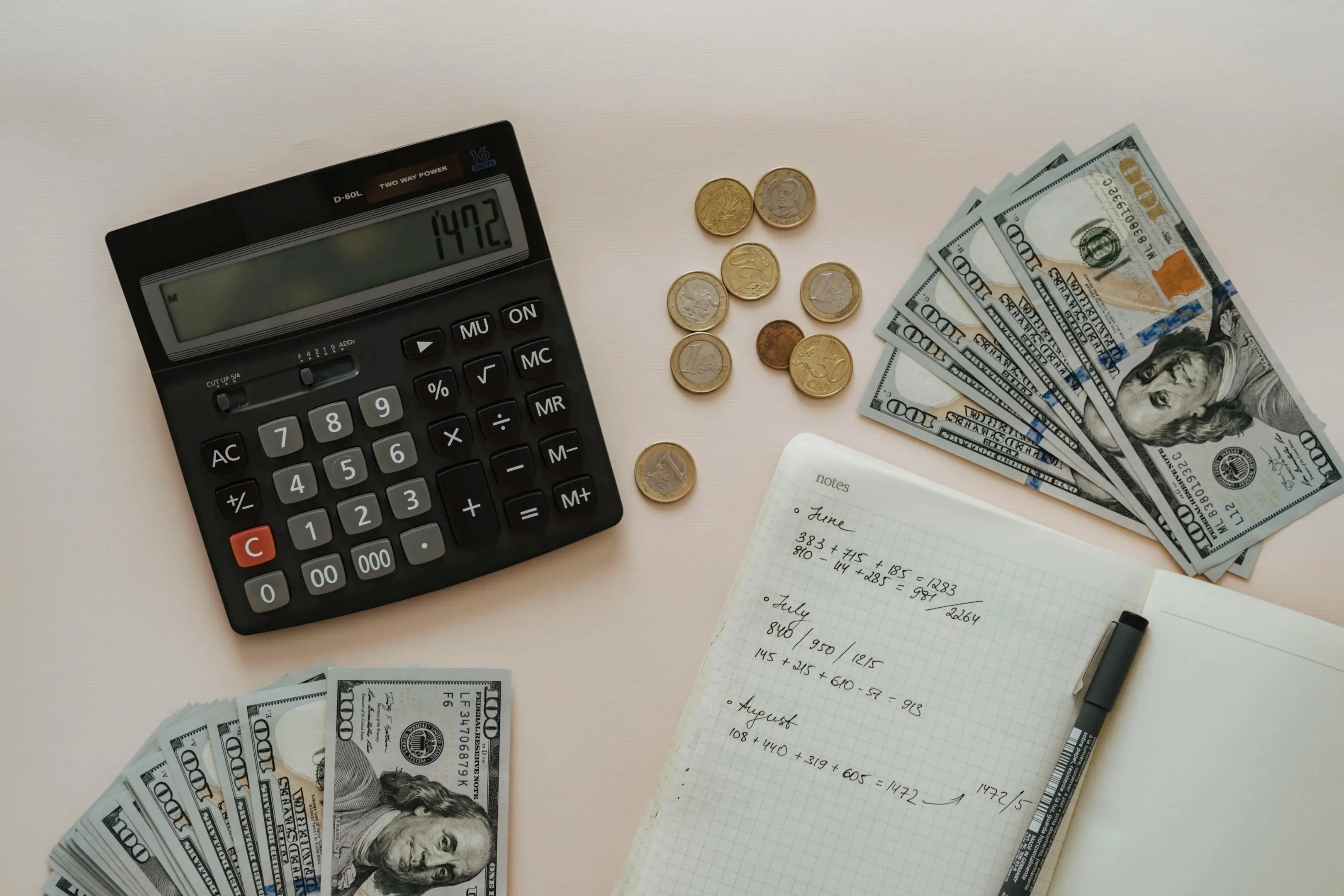
Yes, budgeting apps are worthwhile, especially if they align with your financial goals and are used effectively. Users often report significant savings and enhanced spending awareness within the first year of use. These apps can assist in making informed purchasing decisions by tracking your spending across the following categories and other expenses.
Budgeting apps serve as more than just financial planners; they are practical tools that offer real-time insights into your financial habits. They help identify spending patterns and potential savings areas, enabling you to optimize your expenditures.
The value of a budgeting app depends on your engagement with it. Many find that the interactive and automated features of apps like Rocket Money and those employing the envelope system encourage consistent financial monitoring and adherence to a budget. By integrating such tools into your daily life, you can maintain control over your finances and ensure your spending aligns with your financial goals.
Final Words: Top 8 Free Budget And Personal Finance Apps For Everyone
Achieving financial stability doesn't have to be difficult, but it does require managing your monthly costs and cash flow effectively. We hope this list helped you find the best free budgeting apps for your financial goals. In the meantime, you can create invoices and other financial documents to further keep track of your cash flow with websites like ours.
Navigating the world of personal finances can be overwhelming, especially when trying to maintain a zero-based budgeting system, especially when you're trying to figure out which decisions will give you the most value for your money. If you want to learn more about handling your finances, visit our blog!
FAQ:
A Personal Finance App: What Is It?
An app for managing all facets of your bank accounts and investment tracking that you may download on your smartphone or tablet is called a personal finance app. These applications can assist with ith budgeting tools, savings goals, and investing. They can also track spending on bill payments and keep you informed of changes to your credit card statements. To see where the money from your bank account is being spent, you can link bank accounts to your personal finance apps for better expense tracking.
It's simple to manage your accounts even on the go with the best free personal finance app. Typical features of a personal finance app include a shared wallet, bill reminders, automatic bill payment, and even subscription management.
What Is the Price of a Personal Finance App?
Personal finance applications typically have both a free and a paid edition. Ads and less functionality than the premium version are possible in the free version. Personal finance applications' paid editions range in price but are generally affordable with subscription fees averaging only about $25 per year on average. Other apps only provide a single, cost-free edition. Therefore, if you need further assistance managing your funds, a personal financial app may be a convenient and affordable solution.
What Personal Finance Apps Are the Best?
Your own needs and tastes will determine which personal financial app is ideal for you. Personal Capital may be useful for individuals seeking an app with an investment component, whilst Mint may be useful for those seeking a free software with extensive budgeting options. You should take your financial demands and goals into account when selecting the best software.
How We Selected the Best Free Personal Finance Apps
We looked at a number of available options and took into account the elements we felt were most crucial to consumers when selecting the best free budget app. We didn't review every app that was available. Based on their features, monthly costs, availability of payment reminders, and other budgeting features, our top options were selected.

